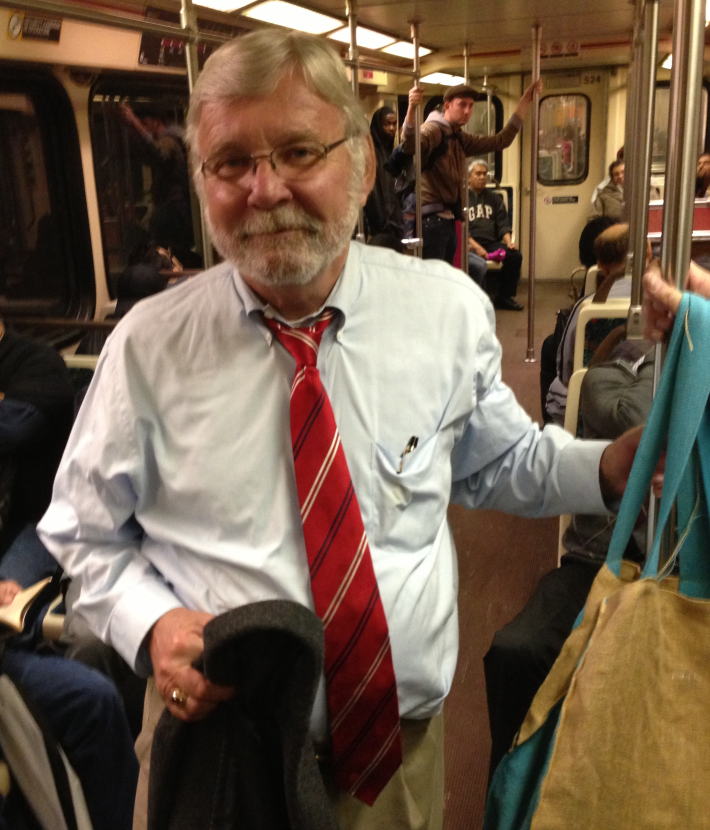
The Metrolink board of directors voted unanimously this morning to hire Art Leahy as CEO.
Streetsblog readers are probably aware that Leahy served as the head of Metro since 2009. In January, Leahy announced his retirement from Metro effective April 2015. Yesterday, Metro approved Leahy's replacement, Phil Washington.
Metrolink approved a $330,000 annual salary for Leahy. This is actually slightly more than the $326,000 his successor, Washington, will earn at Metro, despite Metrolink having a much smaller ridership and budget, though a broader geographic scope, with commuter rail serving six Southern California counties.
Leahy is scheduled start at Metrolink on April 20. His contract runs through 2018.
Art Leahy appeared at this morning's Metrolink board meeting, stating that he was honored and pleased, and pledged to "deliver the goods" for the public, taxpayers, and Metrolink board and employees.
Leahy assumes the helm at Metrolink at a time when the agency is facing numerous crises, including failing ticket machines, declining ridership, service cuts, finance audit questions, and (despite a very good overall safety record that should be the envy of highway engineers) a recent newsworthy train crash in Oxnard.
The story is still not entirely clear on why Leahy stepped down from Metro. The Los Angeles Times' Laura Nelson tweeted confirmation of a widely-rumored assertion that Leahy's departure was shepherded by Metro board chair, and Los Angeles Mayor, Eric Garcetti.
Leahy is seen as having ties to transportation rain-maker Richard Katz. Katz is a former state legislator who actually wrote the law that created Metro, a former long-time Metro boardmember, and current Metrolink board alternate. Katz served on the Metro board as a mayoral appointee during Antonio Villaraigosa's administration, and was replaced after endorsing Garcetti's opponent in the mayoral race.
So, coincidence or not, Metro's transition from Art Leahy to Phil Washington, and Leahy's move from Metro to Metrolink, represent a changing of the guard that reflects the current political tides.






